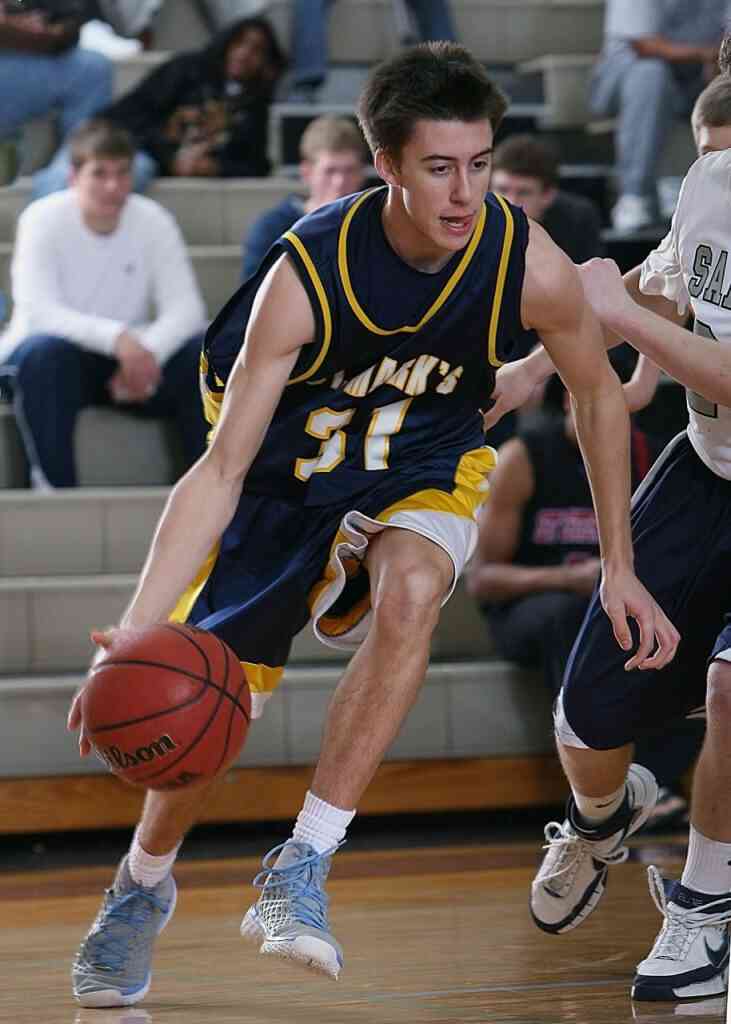Loyola Marymount University Abruptly Cuts Six Varsity Sports Programs, Sparking Turmoil and Uncertainty
A Sudden Blow to Athletic Dreams: LMU’s Varsity Sports Programs Abruptly Discontinued
In a move that sent shockwaves through the Loyola Marymount University (LMU) community, the university administration made the unexpected and disheartening decision to discontinue six varsity sports programs, effectively ending their existence at the conclusion of the 2023-2024 athletic season. The affected sports include men’s and women’s cross-country, men’s and women’s rowing, and men’s and women’s track and field, as well as men’s and women’s swimming. This abrupt decision has left student-athletes, coaches, and the wider LMU community reeling, questioning the university’s commitment to athletic excellence and the value placed on teamwork, sportsmanship, and personal growth through sports.
Student-Athletes Grapple with Devastation and Uncertainty
The sudden announcement of the sports cuts has left student-athletes devastated and uncertain about their athletic futures. Many of these individuals specifically chose LMU for the opportunity to compete in their chosen sports, and the news came as a crushing blow to their dreams and aspirations. The lack of clarity and seemingly unsatisfactory answers provided by the athletic department have further compounded their distress. Student-athletes have expressed concerns about the impact this decision will have on their personal and athletic development, as well as the relationships they’ve built with teammates, coaches, and the university community.
LMU’s Troubling Rationale: Navigating the Evolving Landscape of College Athletics
The university’s decision to discontinue these sports programs was based on several factors, including the rapidly changing landscape of college athletics. LMU cited the emergence of name, image, and likeness (NIL) rules, changing transfer rules, and potential rulings on student-athlete employment as key considerations. The university emphasized its commitment to supporting student success athletically, academically, and culturally, stating that the decision was made to position the remaining Division I sports for success in this evolving environment.
University’s Commitment to Affected Student-Athletes: Mitigating the Impact of the Cuts
In an attempt to mitigate the impact of the cuts, LMU has assured affected student-athletes that their athletic scholarships and financial aid will be honored. The university will also provide club competition options for those who wish to continue participating in their sports at a recreational level. Additionally, LMU will assist student-athletes who desire to transfer to other schools to continue their athletic careers, facilitating the process and providing necessary support.
Student-Athletes’ Resolute Response: Fighting for Their Sports, Coaches, and Teams
Despite the university’s efforts to address their concerns, student-athletes from the affected sports have expressed disappointment and frustration over the decision. They maintain that the teams they represent are more than just athletic entities; they are communities built on years of teamwork, coaching, and sportsmanship. The student-athletes have called for transparency and accountability from the university administration and have expressed their determination to fight for their sports, coaches, and teams. They believe that the university’s decision undermines the values of athleticism, perseverance, and resilience that are central to the LMU experience.
Navigating a Changing Landscape: The Challenges of College Athletics in the Modern Era
The discontinuation of six varsity sports programs at Loyola Marymount University underscores the challenges faced by athletic departments in the ever-changing landscape of college sports. The emergence of NIL rules, transfer rule modifications, and potential rulings on student-athlete employment have created a complex and uncertain environment for universities. Balancing the needs of student-athletes, the overall success of athletic programs, and the financial realities of operating a Division I athletic department is a delicate task. The decision by LMU to cut these sports programs highlights the difficult choices that universities must make in order to remain competitive in the modern era of college athletics.
Conclusion: A Call for Clarity, Transparency, and a Renewed Commitment to Student-Athlete Well-being
The abrupt discontinuation of six varsity sports programs at Loyola Marymount University has ignited a firestorm of controversy and disappointment. While the university cites the evolving landscape of college athletics as the driving force behind this decision, student-athletes and the community question the lack of clarity and the impact on the lives of those directly affected. As the university navigates these challenges, it must prioritize transparency, accountability, and a renewed commitment to the well-being and success of all student-athletes. Open dialogue, thoughtful consideration of alternatives, and a genuine investment in supporting student-athletes’ athletic and personal growth should be at the forefront of LMU’s decision-making process. Only then can the university truly uphold its mission of fostering a vibrant and inclusive athletic community that empowers student-athletes to thrive both on and off the field.
